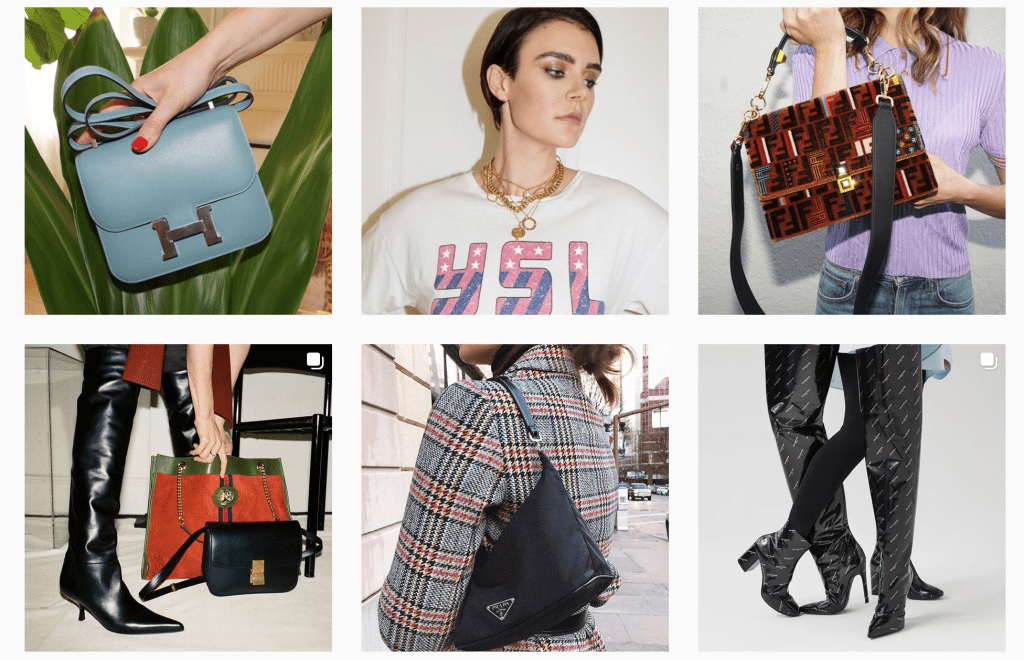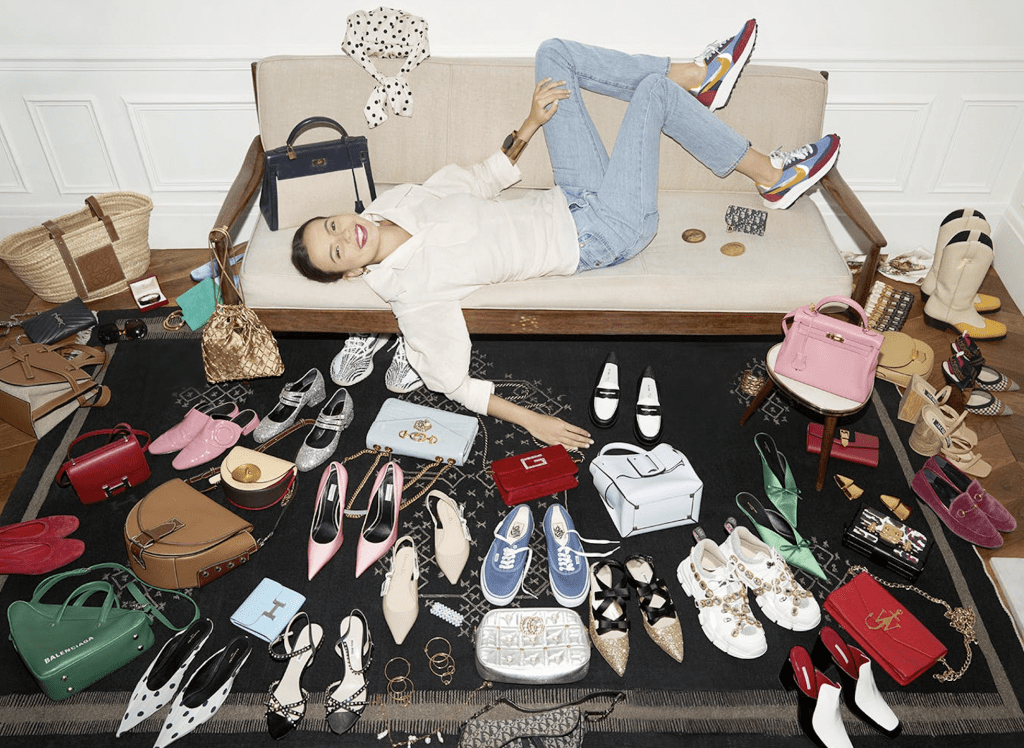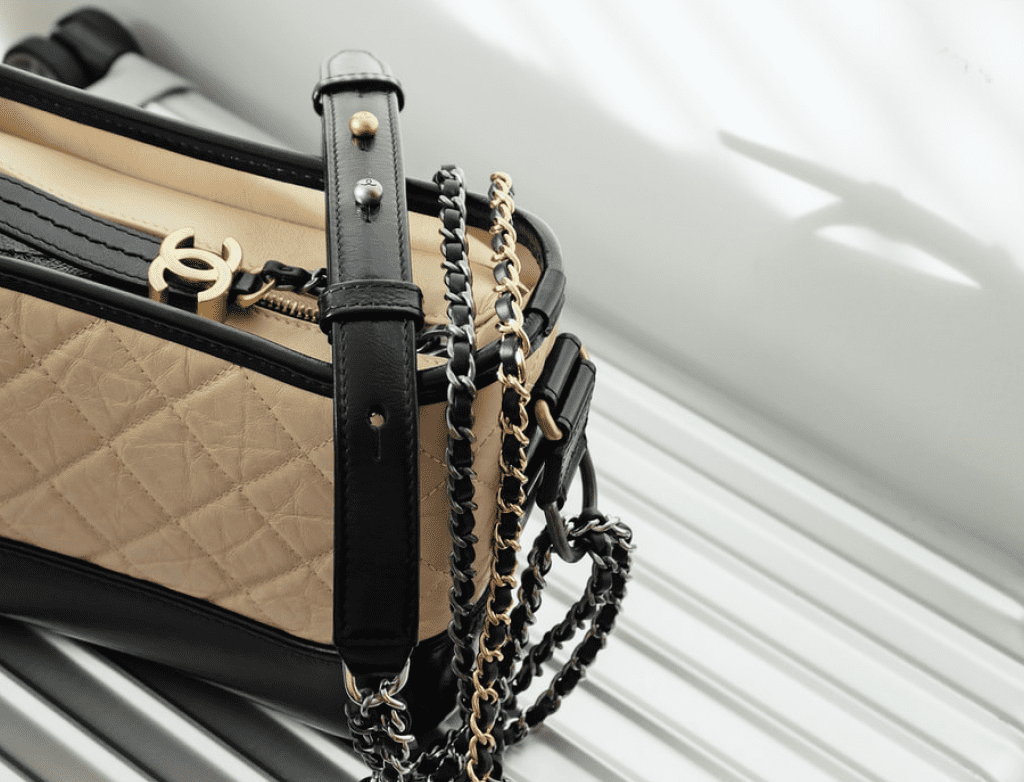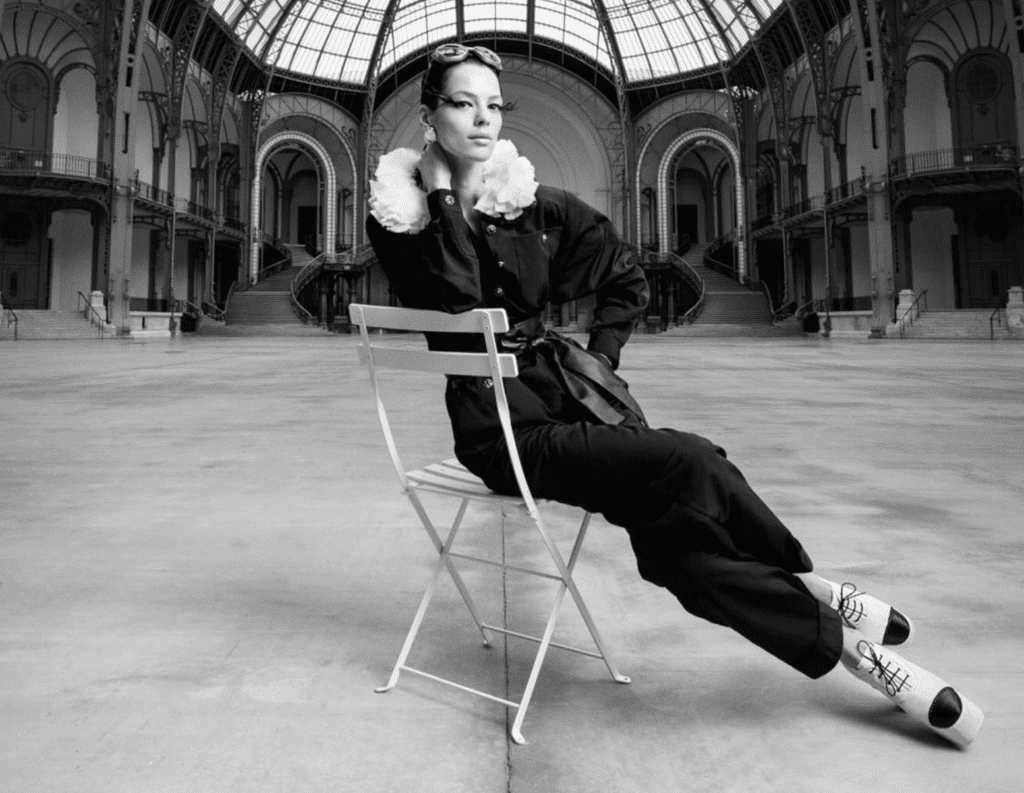At the center of the latest filing in the lawsuit that Chanel initiated against The RealReal is an allegation by the Paris-based luxury brand that the budding luxury consignment site’s 100-plus so-called authentication “experts” aren’t really experts at all. That is, according to Chanel, no one other than its own in-house staffers can gauge whether a Chanel product is authentic and thus, “only products purchased directly from Chanel and its authorized retailers can be certain to be” – and thus, be advertised as – “genuine and authentic.”
This assertion was swiftly shot down by The RealReal’s counsel, who took issue such a “nonsensical” claim, a claim that would – practically speaking – “make it impossible for all secondary dealers to do business.” In accordance with such a standard, “There could be no secondary market, as no auction house or consignment store could authenticate the products it sells, regardless of their expertise,” per The RealReal’s counsel. “As trademark law makes clear, Chanel is not entitled to a monopoly over the resale of its goods.”
This he said-she said over the authentication of luxury goods for resale is far from an issue that is exclusive to this lawsuit. In reality, the ability of resellers to properly authenticate products (every single time) and thus, build consumer trust is at the core of the $25 billion – and growing – pre-owned luxury market.
One of the key challenges facing increasingly-trafficked and growingly-funded resale platforms is building up staffs of individuals that know the ins-and-outs of specific luxury products so thoroughly that they can weed out even the most sophisticated counterfeits. This is no small feat, according to those on the inside, and not just because the precision of counterfeit goods continues to increase.
This is something of an arduous task, as it is a relatively new job description. While the likes of Sotheby’s, Christie’s, and other auction houses, as well as authorized jewelry and watch retailers that deal in both new and pre-owned pieces, such as Tourneau, have long boasted expertly-trained authenticators, this is – for the most part – a “career path that didn’t really exist a few years ago,” The RealReal’s chief authenticator, Graham Wetzbarger, told Glossy recently.
The RealReal boasts a lineup of “authenticators, gemologists, horologists and art curators, [who] inspect thousands of items each day, so consumers can be sure every item is 100 percent authentic.” Wetzbarger says “the majority of the company’s authenticators” – from its fine jewelry and watch authenticators to those specializing in handbags and garments – “are either recent graduates from schools like the Fashion Institute of Technology and Parsons School of Design, or have experience working at a brand The RealReal sells.”
For Josh Luber, the founder and CEO of StockX, the e-commerce platform that is known primarily for its streetwear and footwear offerings, this was particularly difficult task. “We couldn’t just go find sneaker authenticators and hire them,” he said. “There weren’t any. We had to create that job.”
Because this is such a critical element of the resale model, brands are increasingly bringing their behind-the-scenes authentication efforts to the forefront. The RealReal, for instance, stages regular events, such as “How to Authenticate a Birkin,” during which its experts educate consumers about some of tips and tricks of separating the real from the fake. On StockX’s website, the company aims to inform consumers of how it ensures the $100,000 Louis Vuitton x Supreme trunk, the $25,999 Jordan 4 Retro Eminem Encore sneakers, and the other pricey goods that are currently up for offer on its site are authentic, outlining its process and asserting that it “invests so much time and energy to train authenticators, and test and re-test every conceivable detail of every product.”
And as of now, the Detroit-based company, which welcomed nearly $45 million in funding in September, is in expansion mode. But it is not merely looking to hire a senior software engineer, a senior recruiter, and a director of brand partnerships, the bulk of the 3-year old company’s wanted list centers on authenticators. It is seeking a sneaker authenticator, a streetwear authenticator, and an authentication team lead, among other authenticity-centric hires.
By all accounts, this appears to be one of the most sought-after skill sets in fashion at the moment.











